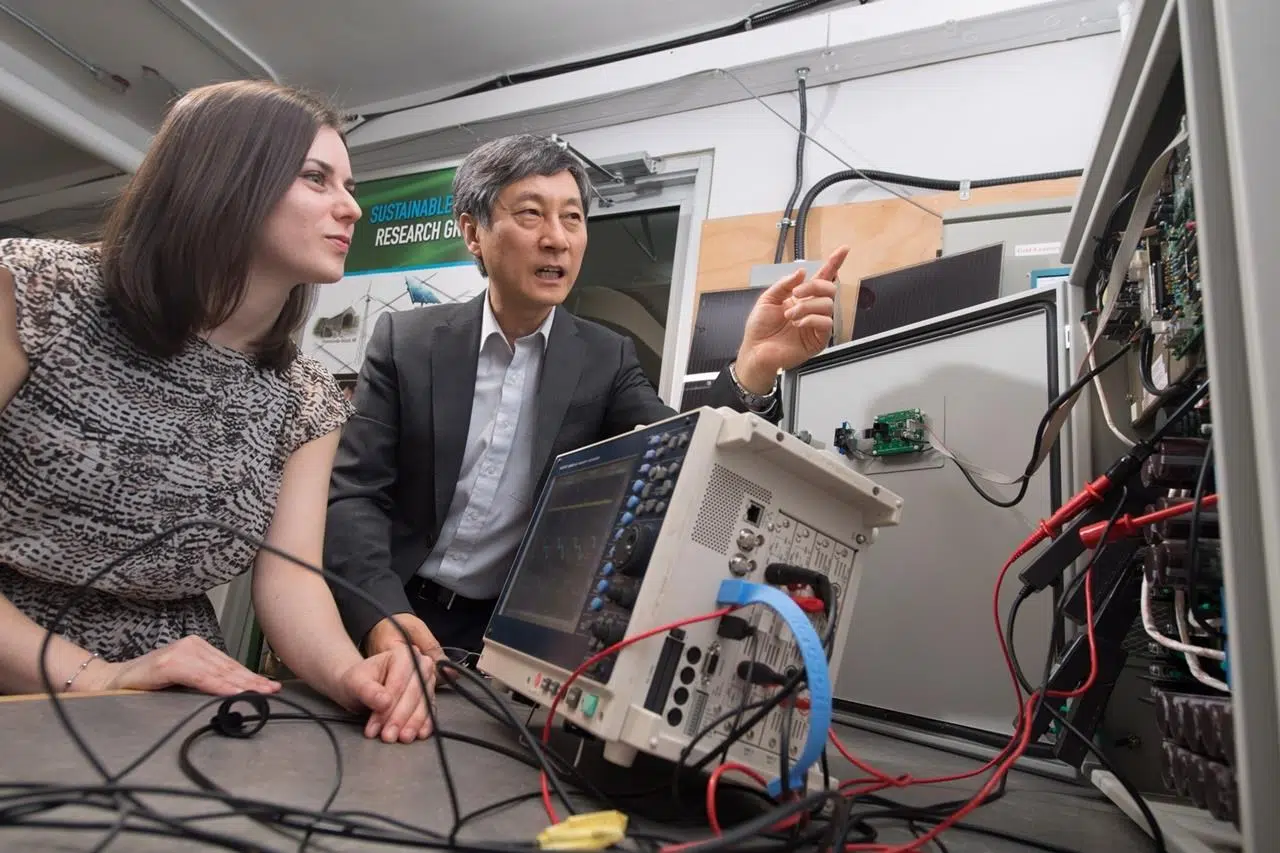
UNB researchers receive $4.3 million to develop smart-grid technology
FREDERICTON — Scientists in one of Canada’s snowiest cities will help a sunny Caribbean island switch to a green energy grid, leaving fossil fuels in its wake.
University of New Brunswick researchers have received $4.3 million from Ottawa and Emera Inc. — the parent company of Barbados Light & Power Co. — to develop potentially breakthrough renewable energy technology.
The five-year project, led by electrical and computer engineering professor Liuchen Chang, will be based at the university’s smart-grid research lab in Fredericton.
“At this stage, we’re getting the data from Barbados and doing the research and modelling,” Chang said Wednesday. “In the next stage, we are going to bring the technologies to Barbados and work with Emera on the installation and testing in the field.”


